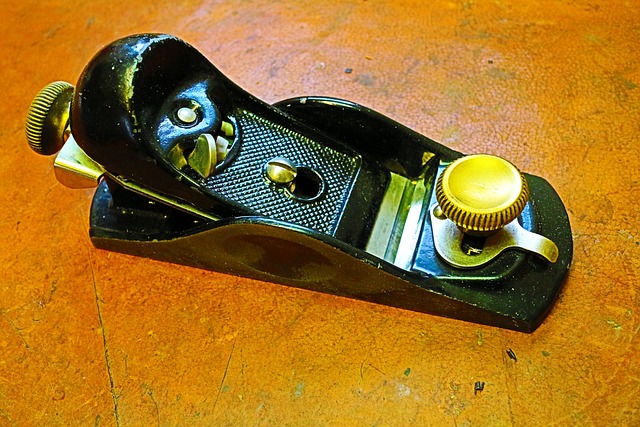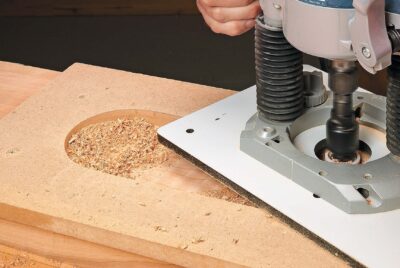Woodworking Hand Tools: The Essential Guide
Unlocking the World of Woodworking Hand Tools: Your Ultimate Guide
Embark on a journey into the heart of woodworking, where the true essence lies in the mastery of woodworking hand tools. These tools are not mere instruments; they are the conduits of your creativity, transforming raw wood into exquisite pieces of art. Whether you’re a seasoned artisan or just starting, understanding and harnessing the power of hand tools is paramount. Let’s delve into the essentials of woodworking hand tools, equipping you with the knowledge and skills to craft with confidence and finesse.
Why Woodworking Hand Tools Hold Timeless Appeal
In a world driven by efficiency and automation, the allure of woodworking hand tools may seem antiquated to some. Yet, for aficionados and craftsmen alike, hand tools offer a connection to tradition and a level of precision that power tools often overlook. It’s more than nostalgia; it’s about embracing a personal and intimate approach to woodworking.
The Intimacy of Craftsmanship
Working with hand tools fosters an unparalleled bond between the artisan and the material. It’s about more than just physical contact; it’s about understanding the nuances of wood – its grain, texture, and responsiveness to different techniques. Hand tools demand attention and adaptation, forging a profound appreciation for the medium and transforming each project into a dialogue between the creator and the wood.
Mastery and Precision
Hand tools require finesse and skill, traits that are cultivated over time through dedication and practice. Achieving precision with hand tools is an art form, where every stroke and cut is a testament to the woodworker’s mastery. The satisfaction of achieving flawless joints or silky-smooth surfaces with hand tools is unparalleled, showcasing the artisan’s dedication to their craft.
The Quietude and Rhythm of Hand Tool Work
In the serene realm of hand tool woodworking, silence reigns supreme. Without the roar of power tools, the workshop becomes a sanctuary of focus and tranquility. The rhythmic cadence of sawing and planing creates a meditative atmosphere, conducive to both concentration and creativity.
The Artistic Expression
Hand tools empower woodworkers to unleash their creativity and push the boundaries of conventional design. The ability to sculpt and shape wood by hand opens up a realm of artistic possibilities, where each piece bears the unique imprint of the artisan’s vision. Hand-tool woodworking transcends mere functionality to become a form of personal expression and artistry.
The Legacy of Craftsmanship With Woodworking Hand Tools
By choosing hand tools, woodworkers pay homage to generations of craftsmen who came before them. These tools are a link to the past, preserving the traditions and techniques that define the craft. Embracing hand tools ensures that these time-honored skills endure, enriching the legacy of woodworking for future generations.
Sustainability and Mindfulness
In an era of heightened environmental consciousness, hand tools offer a sustainable alternative to mass-produced goods. They require no electricity, produce minimal waste, and are built to last a lifetime. By adopting a mindful approach to woodworking, artisans can reduce their ecological footprint and contribute to a more sustainable future.
Building Your Toolkit: Quality Over Quantity
Assembling your woodworking toolkit is akin to navigating a dense forest – daunting yet exhilarating. Instead of succumbing to choice overload, focus on curating a collection of high-quality tools that will serve you well on your journey.
Choosing Quality Tools
When selecting tools, prioritize quality over quantity. Investing in well-crafted tools pays dividends in performance and longevity. Quality tools offer superior durability, edge retention, and precision, making them indispensable companions in your woodworking endeavors.
The Cornerstone Tools
Every woodworker’s toolkit should include a few indispensable items:
- Saw: Opt for a versatile backsaw or dovetail saw for precise cuts and joinery.
- Plane: A reliable bench plane is essential for smoothing and shaping wood surfaces.
- Chisel: Invest in a set of bevel-edged chisels for intricate detail work.
- Hammer: Choose a sturdy claw hammer or wooden mallet for driving nails and adjusting planes.
Beyond the Basics
As your skills and projects evolve, consider expanding your toolkit with:
- Measuring and Marking Tools: Ensure accuracy with a tape measure, ruler, square, and marking gauge.
- Sharpening Tools: Keep your tools razor-sharp with a quality sharpening stone and honing guide.
- Safety Gear: Protect yourself with ear protection, safety glasses, and dust masks.
Growing Your Toolkit Over Time
Your toolkit is a living, evolving entity that grows alongside your skills and projects. Resist the urge to amass tools indiscriminately; instead, let each addition be deliberate and purposeful. By gradually expanding your toolkit, you ensure that each tool serves a meaningful role in your woodworking arsenal.
Final Thoughts: Crafting Your Legacy with Woodworking Hand Tools
Woodworking hand tools are more than mere implements; they are the conduits of creativity and craftsmanship. By mastering these tools, you unlock a world of artistic expression and possibility, leaving behind a legacy of skill and dedication. Embrace the journey of woodworking, and let your hand tools be your guides as you craft a future filled with beauty and innovation.
For more ideas and quick and easy woodworking projects and the essential hand tools, tap here.
FAQs On Woodworking Hand Tools
1. What are the most essential hand tools for beginners?
- The essential tools for beginners include a saw, plane, chisel, and hammer, providing a solid foundation for woodworking projects of all levels.
2. How often should I sharpen my tools?
- Sharpen your tools as soon as they begin to dull to ensure optimal performance and safety during woodworking tasks.
3. Can I complete a woodworking project with only hand tools?
- Absolutely! Many woodworkers prefer the control and satisfaction of using hand tools exclusively for their projects, achieving stunning results without the need for power tools.
4. Where can I learn to use hand tools effectively?
- Consider enrolling in a class at a local community college or woodworking shop, or explore online tutorials and woodworking forums for invaluable insights and guidance.
5. How can I safely store my hand tools?
- Store your hand tools in a dry, organized space, such as a tool chest or wall-mounted rack, to protect them from damage and ensure easy accessibility for future use.
6. Where can I learn more about woodworking hand tools and project ideas?
- Here’s a great place to learn more about woodworking and the essential hand tools.




